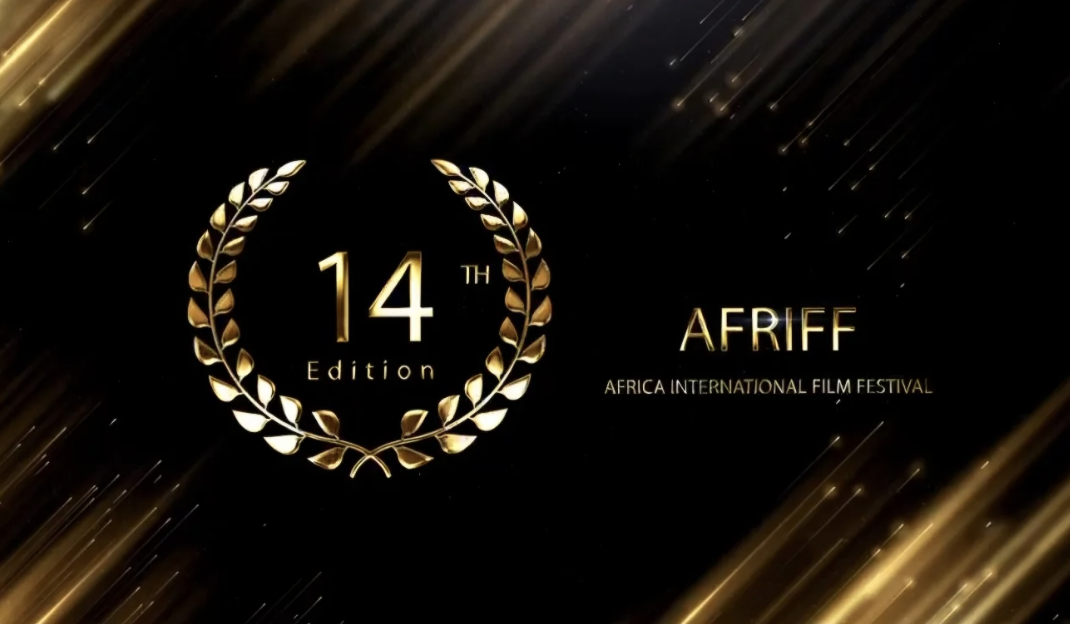
The first time I attended the Africa International Film Festival (AFRIFF), I was carried by the thrill of possibility, of what it meant to belong to something grand, global, and African.
It was more than just a festival; it was a pilgrimage. A week where filmmakers, critics, and dreamers left their day jobs and gathered under the Lagos sun to celebrate the art of storytelling. I remember thinking, ‘This is where film lives.’
This year, I went back with the same excitement, and an open heart. AFRIFF has always had its hiccups, but there’s a reason so many of us return: because for one week in November, the noise of Lagos quiets down and film takes centre stage. Or at least, that’s the idea.
But somewhere between the panels that started late, the screenings that didn’t happen, and the short films that were shuffled from one venue to another like unwanted guests, that feeling began to change.
ALSO READ: Why Every Filmmaker Should Submit to AFRIFF (Even if You’re Just Starting Out)
The Promise of a Festival
Let me say this first: AFRIFF is important. Deeply, historically important. It’s not just about films; it’s about African cinema claiming its space in the global conversation.
For over a decade, it has been a bridge between local filmmakers and international investors, between dreamers and distributors, between what we imagine and what can actually be made.
Every year, new filmmakers arrive with a sense of awe and a touch of anxiety to see their stories come to life on a big screen for the first time.
It’s where short film directors sit next to industry veterans, where someone you met in the queue at Filmhouse might end up being your future collaborator. That’s the beauty of AFRIFF: the possibility.
This year was no different, at least in spirit. The panels were strong. Conversations around costuming, Afrobeats, and the future of Nollywood were as inspiring as ever.
I sat in the audience listening to people like Folake Folarin Coker and Ugo Mozie talk about fashion and film, and for a moment, all the chaos melted away.
There was so much brilliance on stage, sharp ideas, bold statements, a shared hunger to push the culture forward. But offstage, something else was happening. Something more frustrating, more familiar.
EXPLORE THIS: Kayode Kasum’s Fractured Is a Haunting Descent Into the Human Mind
The Short Film Shuffle
It started with the short films.
If you’ve ever made a short film, you know how much heart it takes. Short filmmakers are, in many ways, the backbone of any thriving film industry; they’re the experimenters, the storytellers still hungry enough to take risks. But they’re also the ones who often get the short end of the stick.
This year, the short film screenings at AFRIFF became a maze. Films were delayed for hours. Venues were changed at the last minute.
Some screenings happened without sound, others with poor picture quality. Guests walked in circles from hall to hall trying to find where their friend’s film was showing. Some never did.
And then there was that sinking moment: watching guests, family, friends, supporters, get up and leave after hours of waiting.
You could see it on the filmmakers’ faces, that quiet heartbreak. The kind that doesn’t scream or make a scene, but settles into your chest like a stone.
For many of them, this was supposed to be a big day. A world premiere, maybe. A debut. A chance to show their work in front of peers and strangers, and maybe, just maybe, someone who could change their career.
But instead, they got confusion, poor coordination, and a half-empty hall.
The Apology
To their credit, AFRIFF sent out an apology. A formal email acknowledging the technical glitches, the delayed screenings, and the general disorganisation that plagued the short film segment. And that was something, a recognition that things had gone wrong.
Still, apologies can’t replace lost moments. They can’t replay the evening where your guests walked out before your film came on. They can’t erase the disappointment of having your big premiere reduced to an afterthought.
It’s a tough pill to swallow because most of us don’t come to AFRIFF expecting perfection. We know the system we’re working in, the erratic power supply, the limited venues, and the logistical chaos that comes with Lagos.
What we hope for instead is care. That even if things go wrong (and they will), someone somewhere is paying attention, communicating, making us feel seen.
This year, for the most part, that care felt missing.
READ ALSO: It’s Time Nollywood Stopped Treating Costume Like an Afterthought
The Duality of AFRIFF
It’s easy to write this off as another “Nigeria happened again” story, but that would be unfair. Because the truth is, AFRIFF does get many things right.
The panel sessions, for one, continue to be some of the best parts of the festival. This year’s discussions, from “Fashion Meets Film” to “The Realities of Making Films in Nigeria,” were packed with substance. You could feel the intellectual energy in the air.
Dr Sid talked about excellence and accountability. M.I. Abaga, with his characteristic optimism, spoke about creativity as a form of nation-building. Charles Okpaleke called for government funding for young filmmakers. Paul Okeugo reminded us that money is a byproduct of structure and skill.
It was electrifying and thoughtful, above all, a mature conversation.
After all that, we returned to the same logistical disarray, delayed screenings, poor communication, and confused volunteers. The contrast was stark.
It’s like watching a film with a brilliant script but poor execution. You know what it could be, but you’re forced to sit through what it is.
RELATED: Dr Sid, M.I. Abaga on the Realities of Making Films in Nigeria
What Could Be Better
AFRIFF doesn’t need to reinvent itself. It just needs to tighten the bolts. Fourteen years is enough time to have learned certain lessons. First, the entire website needs attention. The glitches and mix-ups there were almost unbearable.
The technical quality of screenings shouldn’t still be a gamble. Volunteers should be trained, briefed, and equipped to communicate effectively. Schedules should be reliable. Short filmmakers shouldn’t feel like afterthoughts in a festival that prides itself on nurturing new voices.








